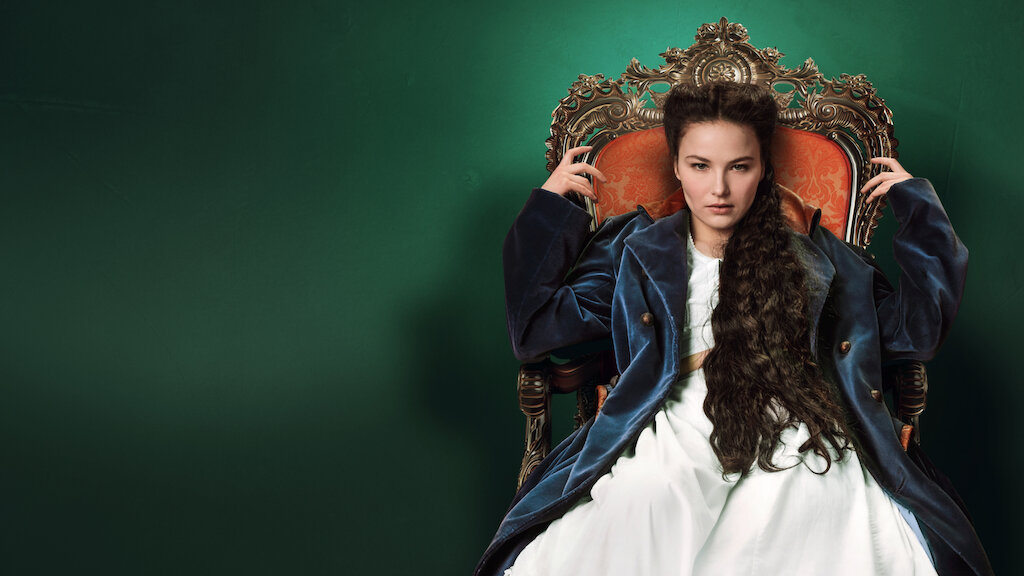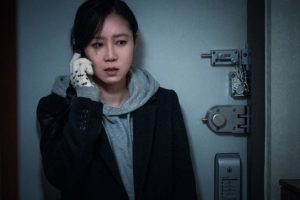Summary
The Empress has The Crown-like potential and does what only the very best movies and television series can do — transport you to another time and place.
This review of the Netflix series The Empress season 1 does not contain spoilers.
Anyone looking for a replacement for The Crown, with an addictive twist of cutthroat politics and chess maneuvering, may have found their fix with The Empress. The German Netflix streaming series is a magnificent season of television. The show is more than a period drama marketed as a sumptuous romance — it’s a character study that focuses on the beloved empress’s renowned empathy. The Empress builds tension through the power of political struggle, traditions, and high stakes that build suspense, while the final scenes bring the main characters’ humanity full circle.
The Empress season 1 story centers around the Duchess Elisabeth Amalie Eugenie (played by Devrim Lingnau), the princess of Bavaria born into the house of Wittelsbach —or “Sisi” for short. I mean, the titles with these people, right? Only sixteen at the time, standard for the era. (By the way, we will ignore the fact that the happy couple’s mothers are sisters). Sisi fell in love with Emperor Franz Joseph (played by Philip Froissant) in 1854. After swooping in and stealing him from her sister, Helene (Elisa Schlott, so good here it limits screen time), who he was there to meet. Well, it was perfectly innocent. Both Franz and Elisabeth are tired of having no free will or the simple power of choice in their lives. As young love tends to do, it becomes intoxicating, and both jump in with both feet without thinking things through.
It’s a lavish romance, but Elisabeth is thrown into a chess match with political rivals and maneuvers she is not ready for. Never wanting to be boxed in, the future empress doesn’t follow the same rules as most royalties adhere. She wants to walk among the people and have intimidating gatherings. Even go hunting with the boys. And by God, walk with her bare feet on the ground without the palace guard scooping her up because the ruler “chosen” by God cannot do so without the proper footwear. Either way, her beguiling nature has caught the attention of Franz’s brother, Maximillian (Johannes Nussbaum), who wants the throne, and Elisabeth, for himself.
Then there is the rest of the family, including her mother-in-law, Sophia (a terrific Melika Foroutan, book her tickets for the Emmys). The show’s breakout character is the puppet master pulling the strings of weak men pretending to be emperors while she guides the country with a steady hand. That conflicts with Franz and Elisabeth’s beliefs of wanting to stop the endless wars and alliances. Also, the main focus of building Austria’s economy with a new railway because the people are suffering and hungry.
Here, Sophia wants to treat the people like a game of Risk, and Franz intends to protect them. However, outside forces have started the revolution “for the people” and have made attempts on his life. All while without seeing, the emperor is trying to change things from the inside. Meanwhile, the palace has no idea about the uprising, and an assassination plan has started beyond the palace walls.
The Empress is a beautifully shot and visually stunning period piece directed by Katrin Gebbe (Pelican Blood) and Florian Cossen (Coconut Hero). The show also has some flawlessly written scripts by Bernd Lange and Jana Nandzik. The six-episode series builds tensions and anxiousness through all the political backstabbing through multiple character conflicts. These all converge and even triangulate by the series’ end. When those moments come is where The Empress thrives, and the sparks fly. Whether you have Elisabeth confronting Franz’s ex-lover and political ally, Louise (a terrific Svenja Jung), Sophia’s painfully honest observation of Maximillian, or Franz’s standoff with the son of a Russian Tsar, the magnificently plotted series pays off in extraordinary ways.
You are rewarded with well-drawn, three-dimensional characters, and the interactions are honest. Elisabeth is young and probably not suitable for Franz. Why? Because she is not suited for the traditional role of an empress. Or, as Sophia puts it, solely there to give Franz an heir to the throne. While her intentions are good, they are naive. Even Sisi’s calculated mother-in-law tells her son it was a “beautiful dream” but knows this empress doesn’t compliment her son in the traditional ways.
The performances are good, with Foroutan giving the series the best performance. Her character is so fascinating and multi-layered that it’s sometimes impossible to see where she is headed next. My only quibble is that Franz and Elisabeth are not as interesting as the supporting characters. I found it refreshing that the show’s romance was not overdone. The duo becomes more interesting once their differences in defining and viewing their roles take shape.
When it comes down to it, not only does the series highlight modern themes, but The Empress does what only the very best movies and television series can do — transport you to another time and place. With a keen artistic eye for memorable images like Elisabeth walking into an angry crowd with torches in hand or a muddled reflection off a wading pool as she races her horse across the palace grounds, this Netflix series is one of the year’s best.
What did you think of The Empress season 1? Comment below!
Additional Reading
5 Reasons to Watch The Empress.



